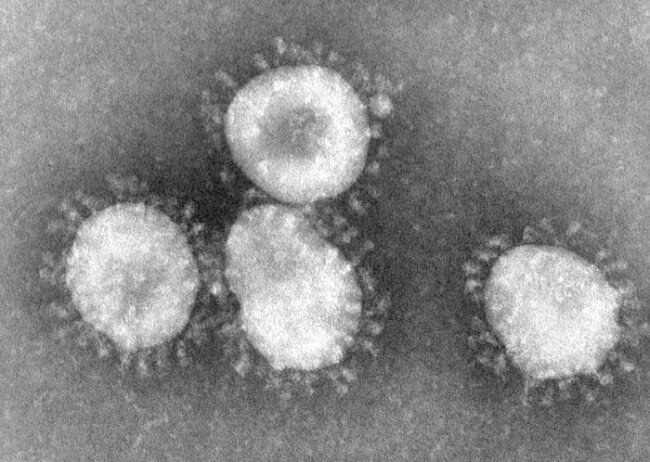-
Tips for becoming a good boxer - November 6, 2020
-
7 expert tips for making your hens night a memorable one - November 6, 2020
-
5 reasons to host your Christmas party on a cruise boat - November 6, 2020
-
What to do when you’re charged with a crime - November 6, 2020
-
Should you get one or multiple dogs? Here’s all you need to know - November 3, 2020
-
A Guide: How to Build Your Very Own Magic Mirror - February 14, 2019
-
Our Top Inspirational Baseball Stars - November 24, 2018
-
Five Tech Tools That Will Help You Turn Your Blog into a Business - November 24, 2018
-
How to Indulge on Vacation without Expanding Your Waist - November 9, 2018
-
5 Strategies for Businesses to Appeal to Today’s Increasingly Mobile-Crazed Customers - November 9, 2018
Breakthrough: Single test can reveal all human and animal viruses
Virus detection is a field in need of constant development, and the discovery announced by a team of Washington University researchers in St. Louis has huge breakthrough potential.
Advertisement
“
With this test, you don’t have to know what you’re looking for”,
said Dr. Gregory Storch, a professor of pediatrics at Washington University School of Medicine in St. Louis and co-author of the study. Virocap, which has been shown to be effective in lab tests, utilizes genome sequencing to detect viruses in the body and can be used on both humans and animals.
The team expects the test to be useful in cases when standard testing does not reveal a diagnosis, or when it is not known what has caused a disease outbreak.
From clinical studies of ViroCap across two sets of patients with unknown viruses, the number of viruses diagnosed rose from 21 using genome testing to 32 using ViroCap, which marks a 52pc increase in diagnosis.
He adds this could also be used to discover new viruses such as when there’s an outbreak of SARS or MERS.
The researchers created a panel with sequences and tests DNA and RNA from viruses in 34 organism families, and was found to be just as sensitive as polymerase chain reaction, or PCR, assays but can test for all the viruses at once – which traditional tests can’t do.
In addition, corresponding author Todd Wylie, who si also an instructor of pediatrics, comments, “The test is so sensitive that it also detects variant strains of viruses that are closely related genetically”. “Slight genetic variations among viruses often can’t be distinguished by now available tests and complicate physicians’ ability to detect all variants with one test”. The PCR caught viruses in 10 of 14 patients.
Among the viruses the standard testing failed to detect were quite common ones – influenza B (causing flu), parechovirus (causing gastrointestinal and respiratory problems), herpes virus 1 and varicella-zoster virus (the cause of chickenpox). Because it includes detailed genetic information about various strains of particular viruses, the new test can ID subtypes.
Viruses are exceptionally hard to detect due to their tiny size, and the fact that many of them do not leave as tell tale of signs as bacteria and other microbes. The test will be at hand for scientists and doctors, so as they could improve it. Researchers say ViroCap requires testing that could last several more years. Funding was provided by the National Institutes of Health.
Advertisement
Once released, researchers plan to make the test globally available to clinicians and scientistsa. Enhanced virome sequencing through solution-based capture enrichment.





























